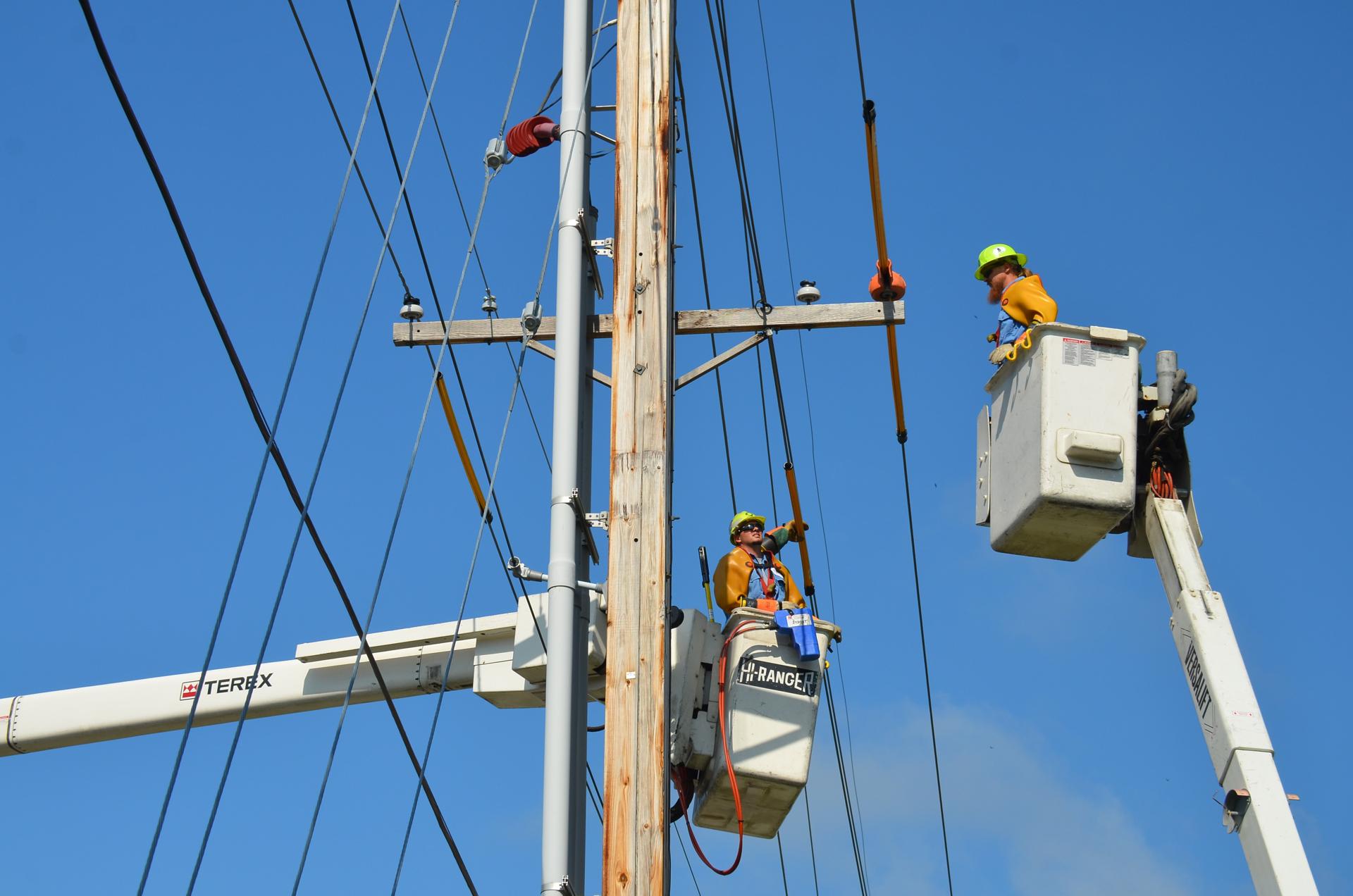Safe Practices for Electricians: Reducing the Risks on the Job

Being an electrician is a job that is not without risks however, it’s one that is safer with the proper precautions. At Local Electrician Paddington, we take security seriously and believe it’s important to educate our clients about the risks of working with electricity and ways to avoid accidents.
Statistics on electrical accidents:
Electrical accidents can happen both at work and at your home. According to Electrical Safety Foundation International, there were over 2,000 deaths from electrical accidents within the United States from 2003 to 2018. The most common causes of these accidents are electrocution and electrical fires.
One of the best methods to stay safe from electrical hazards is to hire a licensed electrician. They have the expertise and experience to work with electrical equipment efficiently and safely, which reduces the risk of accidents.
Safety Precautions
One of the most crucial safety precautions electricians employ is to wear protective gear, such as gloves, eye protection, and equipment that is insulated. They must also shut off power prior to starting work and follow lockout/tagout protocols to ensure electricity is off during their are working.
If you’re a homeowner, it’s important to stay clear of electrical work themselves. Even simple tasks, like replacing an outlet or light fixture, could prove dangerous if not done properly. It’s best to call a licensed professional to handle any electrical job.
Training and Certification
To become a licensed electrician, individuals must undergo extensive training in order to pass the certification exam. This ensures that they have the necessary knowledge and abilities to handle electrical work safely and effectively. At Local Electrician Paddington, we only employ licensed electricians, so you can be sure that electrical work will be done correctly.
Conclusion:
In the end, working as an electrician can be a risky job. hazards, but they can be mitigated with the right precautions. Here at Local Electrician Paddington, we take security seriously and want our customers to understand the necessity of hiring a licensed electrician for all their electrical needs. For any electrical services that you require, you can always contact Local Electrician Paddington at 1300 610 481.
FAQ:
What should I do if have an electrical malfunction?
If you are experiencing an electrical issue, the first thing you should do is shut off the power to the area affected and then call an authorized electrician. Don’t attempt to fix the issue yourself, since it can be hazardous.
What is the best method to avoid electrical accidents at home?
The best method to avoid electrical accidents at home is to engage an experienced electrician for any electrical work you need done. In addition, be sure to avoid overloading outlets, and use extension cords in a safe manner, and replace damaged electrical cords and devices.
Do I need to make my own electrical repairs or should I hire an electrician?
While it may be tempting to saving money performing your own electrical work it’s not advised. Electricity work is dangerous so it’s recommended to engage a licensed electrician with the right expertise and training to do the job safely.
How do I know if an electrician is certified and licensed?
To confirm the electrician is certified and licensed, you can check with the licensing board of your state, or request a copy of their certification and license. In Local Electrician Paddington, all of our electricians are licensed and certified.
What kinds of electrical services do Local Electrician Paddington offer?
At Local Electrician Paddington, we offer various electrical services, including repairs and installations of electrical equipment, electrical panel upgrades lighting installations and much more. Contact us via 1300 610 481 to learn more about our services and how we can help to meet your electric requirements.
